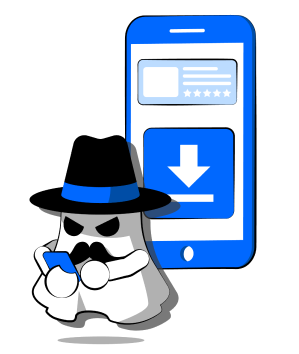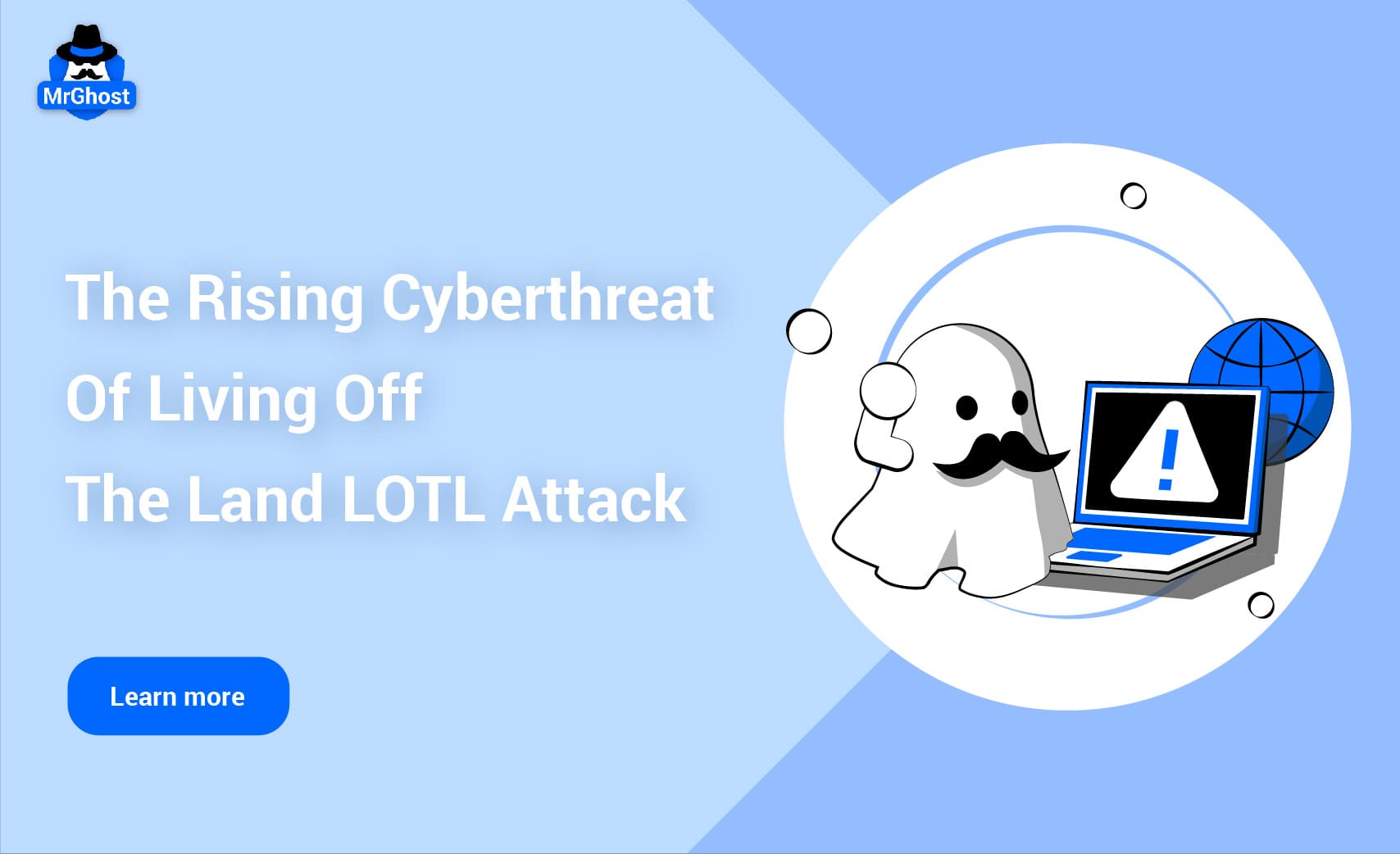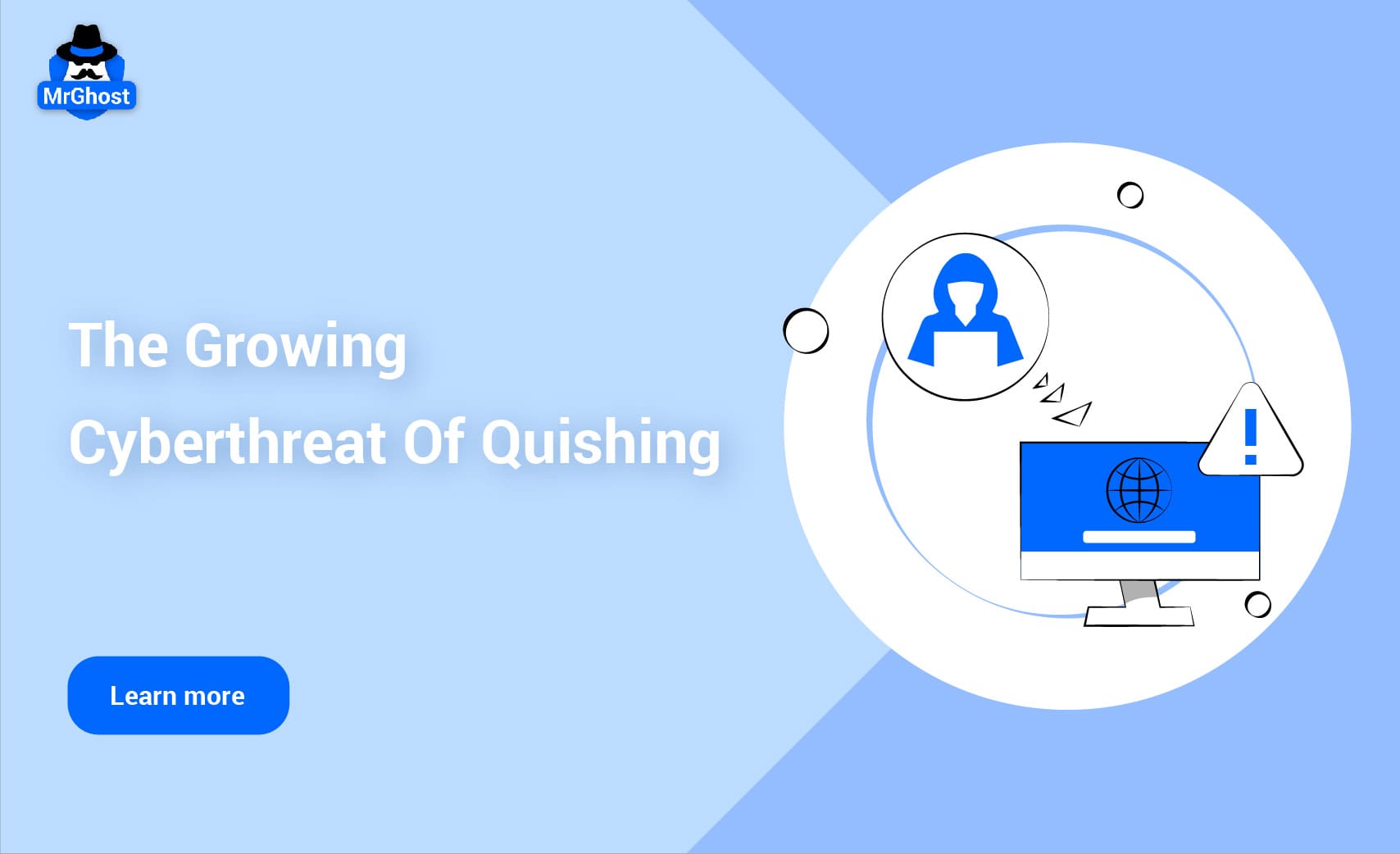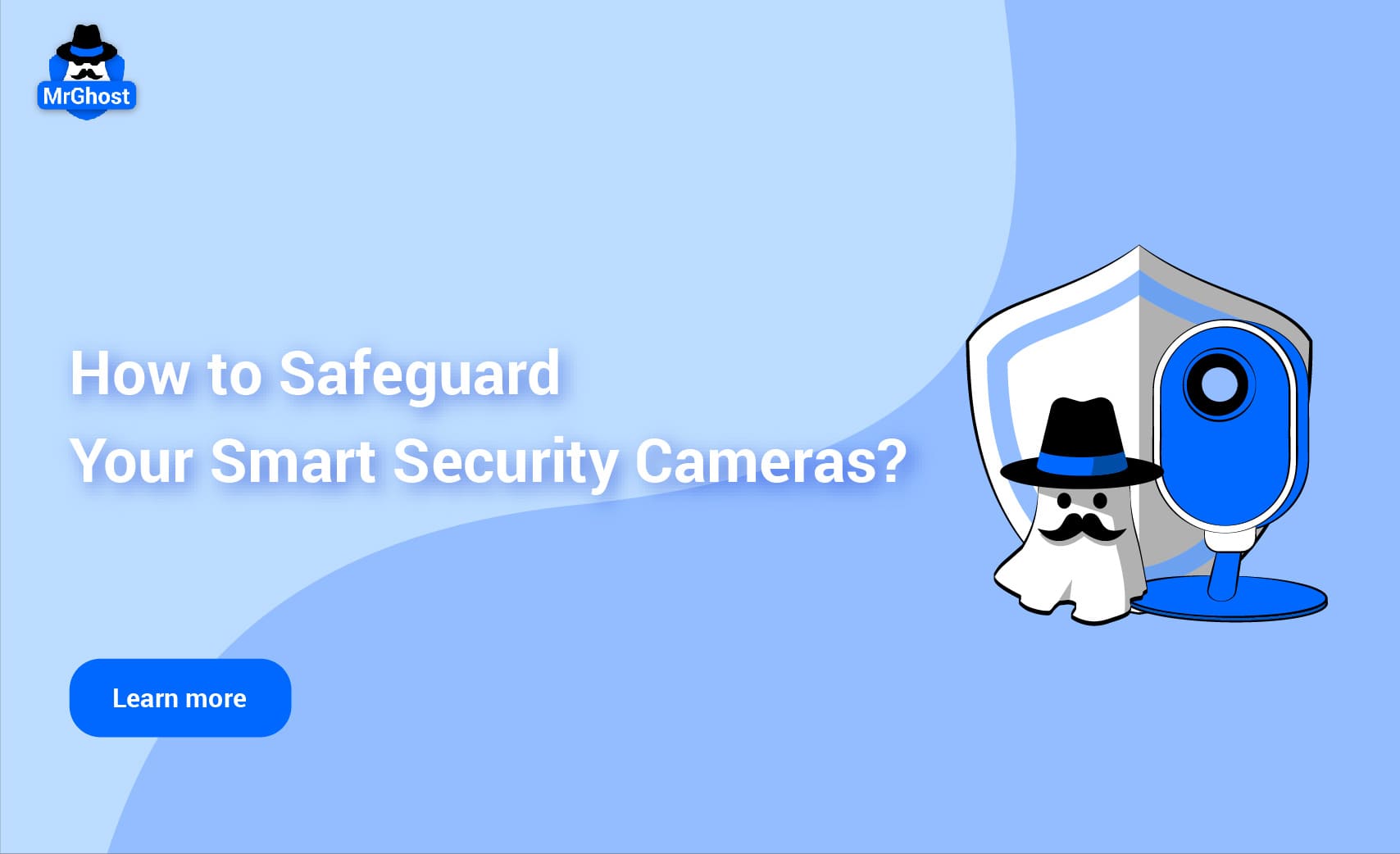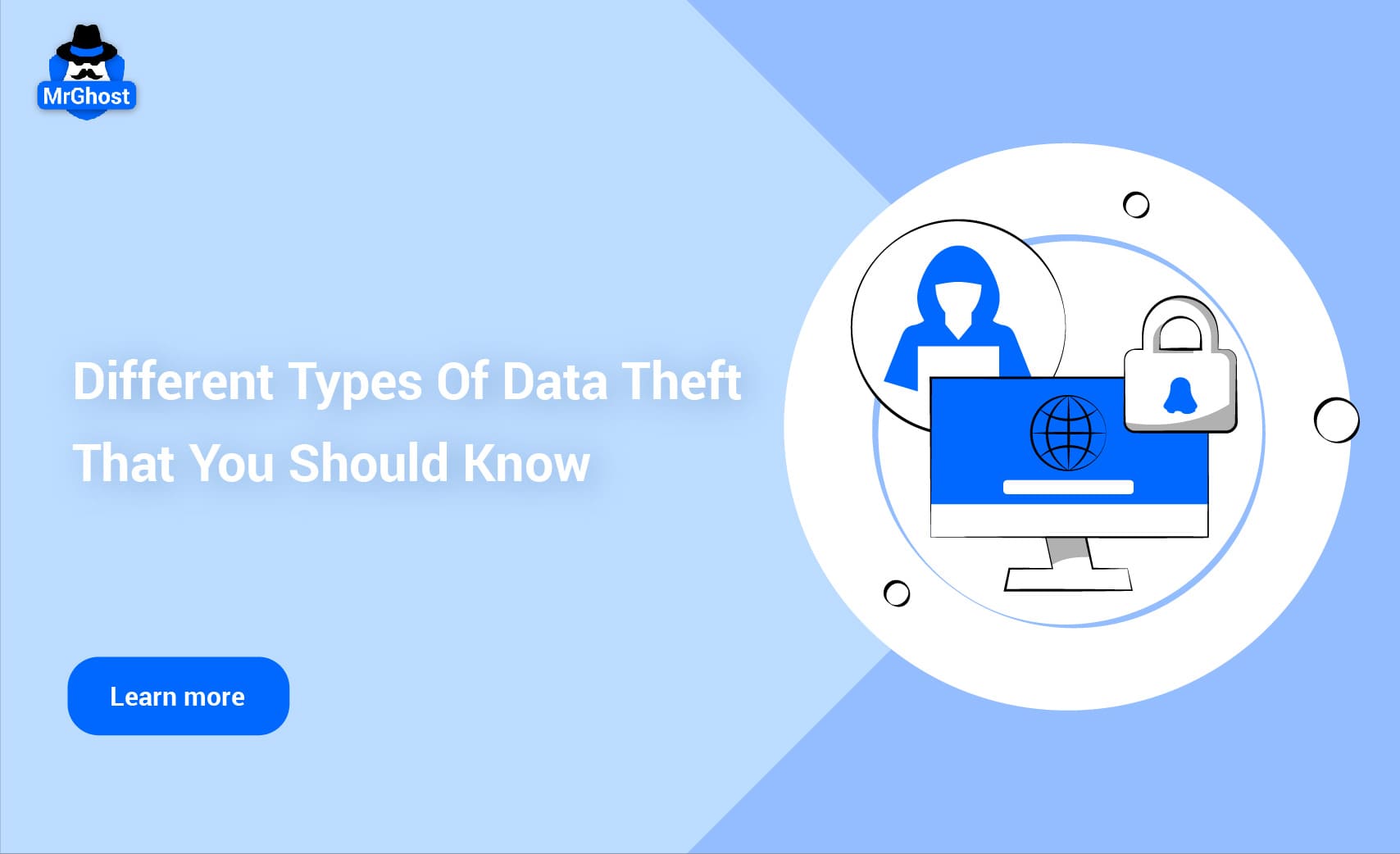
In an age where our digital lives are intricately woven into the fabric of our daily existence, data theft has emerged as one of the most significant threats of the 21st century. It’s a silent crime, often happening without the victim’s knowledge until it’s too late. From multinational corporations to individuals, no one is safe from the clutches of cybercriminals who relentlessly seek to exploit vulnerabilities for profit, espionage, or sheer chaos.
As we delve deeper into this issue, it’s imperative to understand the various types of data theft, how they operate, and the measures we can take to safeguard our digital assets.
Different Types Of Data Theft
Phishing
Phishing remains one of the most prevalent and oldest forms of data theft. It’s a technique that thrives on deception, where cybercriminals masquerade as trusted entities—banks, social media platforms, or even colleagues—to trick individuals into revealing sensitive information such as passwords, credit card details, and social security numbers.
These attacks often arrive via email, cleverly disguised with authentic-looking logos, email addresses, and messages that evoke urgency. “Your account has been compromised. Please click here to reset your password,” reads a typical phishing email, preying on the fear of the recipient.
Despite increasing awareness, phishing continues to be alarmingly successful because it exploits the human element—our trust and anxiety.
Continue reading: Phone Scammers Impersonating CISA Employees
Malware
Malware, short for malicious software, is another formidable tool in the cybercriminal’s arsenal. It is designed to infiltrate systems and silently collect data without the user’s consent.
Malware can take various forms, including viruses, worms, Trojans, ransomware, and spyware, each with its distinct method of operation.
Spyware, for instance, clandestinely records keystrokes, capturing usernames, passwords, and credit card details. Ransomware, on the other hand, encrypts the victim’s data, holding it hostage until a ransom is paid. These attacks can cripple organizations, forcing them to pay exorbitant sums to regain access to their data.
The WannaCry ransomware attack in 2017, which affected over 200,000 computers across 150 countries, serves as a stark reminder of the devastating potential of such malware.
Continue reading: Ransomware Attack Rising With The Help Of GenAI
Man-in-the-Middle (MitM) Attacks
Imagine having a private conversation with a friend, only to find out later that someone was secretly eavesdropping the entire time. This is precisely how a Man-in-the-Middle (MitM) attack works.
Cybercriminals intercept communications between two parties—like a user and a website—without either party knowing.
MitM attacks are often executed over unsecured or public Wi-Fi networks, where hackers can position themselves between the user and the service they’re accessing. By doing so, they can steal sensitive data like login credentials, credit card numbers, and other personal information.
This type of attack is particularly dangerous because it can occur without the user noticing anything amiss, making it crucial to use secure connections and VPNs when handling sensitive information.
SQL Injection
Structured Query Language (SQL) injection is a technique that allows attackers to manipulate databases by exploiting vulnerabilities in an application’s software. This method is often used to steal data from websites by inserting malicious SQL code into a query.
Once inside, attackers can access, modify, or delete critical information, including usernames, passwords, and personal data.
SQL injections have been a major concern for businesses with poorly secured websites and databases. The impact of such breaches can be catastrophic, as seen in numerous high-profile cases where millions of users' data have been exposed.
Strengthening security measures, such as validating user inputs and regularly updating software, can significantly reduce the risk of SQL injection attacks.
Insider Threats
Not all threats come from faceless hackers cloaked in anonymity. Sometimes, the danger lies within the organization itself. Insider threats occur when employees, contractors, or other individuals with authorized access misuse their credentials to steal data.
This could be for personal gain, to aid competitors, or even out of spite.
What makes insider threats particularly dangerous is the level of access these individuals already have. Unlike external hackers, insiders don’t need to break into a system—they are already in.
High-profile cases, such as the Edward Snowden leaks, demonstrate how insider threats can lead to the exposure of sensitive and classified information, with far-reaching consequences.
Credential Stuffing
The practice of reusing passwords across multiple accounts is something many are guilty of, and cybercriminals are well aware of this habit. Credential stuffing involves using stolen usernames and passwords, often obtained from a previous data breach, to gain unauthorized access to multiple accounts.
If a user’s email and password from a breached social media site are the same as those used for their banking account, hackers can exploit this to drain their funds.
The ease of access to massive databases of leaked credentials on the dark web has only made this type of attack more prevalent. Organizations and individuals must adopt strong, unique passwords for every account and consider multi-factor authentication as an added layer of security.
The Role of VPNs in Data Protection
In the battle against data theft, Virtual Private Networks (VPNs) like MrGhost VPN play a critical role. A VPN creates a secure, encrypted tunnel between your device and the internet, ensuring that your data is shielded from prying eyes. VPN encrypts all your online activity, making it virtually impossible for cybercriminals to eavesdrop on your connection. This is especially crucial when accessing financial services or handling confidential data, as it reduces the risk of Man-in-the-Middle attacks by masking your IP address and making your online activity anonymous.
With robust encryption protocols, a VPN ensures that even if your data is intercepted, it remains unreadable and secure. Additionally, it allows users to bypass geo-restrictions and maintain privacy, preventing websites from tracking your location and online behavior.
In short, VPNs are indispensable for anyone looking to safeguard their online presence against various forms of data theft. They offer an essential layer of protection, especially when using unsecured networks or handling sensitive information, effectively turning the tide in the ongoing battle against cybercrime.
Continue reading:
- What Does a VPN Really Protect You From?
- Is A VPN Necessary for Regular Internet Use?
- How Does VPN Encrypt Data?
- What Is A VPN Encryption Protocol?
Conclusion
In our interconnected world, data is the new currency, and it has become the prime target for cybercriminals. The techniques they employ are varied, sophisticated, and ever-evolving, making it increasingly difficult to detect and prevent data theft. But there is hope. By staying informed, using robust security measures, and fostering a culture of vigilance, we can shield ourselves against the invisible enemy that lurks in the shadows of our digital lives.
Data theft is not just a technological issue—it is a human one. It is a reminder of the vulnerabilities that come with our reliance on digital platforms and the need for collective responsibility to protect the integrity of our online identities. And with tools like MrGhost VPN, we can make significant strides in protecting ourselves, our businesses, and our digital futures.
Experience MrGhost VPN Today!
Ready to take control of your online experience? Sign up for MrGhost VPN today and unlock a world of possibilities. With our commitment to user satisfaction and cutting-edge technology, you can browse, stream, and download with confidence.
Why You Should Use MrGhost VPN
MrGhost VPN stands out as the ideal choice for individuals seeking top-notch privacy, security, and performance. Here's why:
● Blazing Fast Speeds: Enjoy uninterrupted streaming, gaming, and downloads without lag.
● Ironclad Security: Advanced encryption and a strict no-logs policy protect your data.
● Global Server Network: Access content from around the world with our extensive server network.
● User-Friendly App: Easy setup and intuitive interface for hassle-free experience.
● Affordable Plans: Choose from flexible pricing options to suit your needs.
Don't compromise your online freedom. Choose MrGhost VPN and enjoy the ultimate peace of mind. Get it today!



